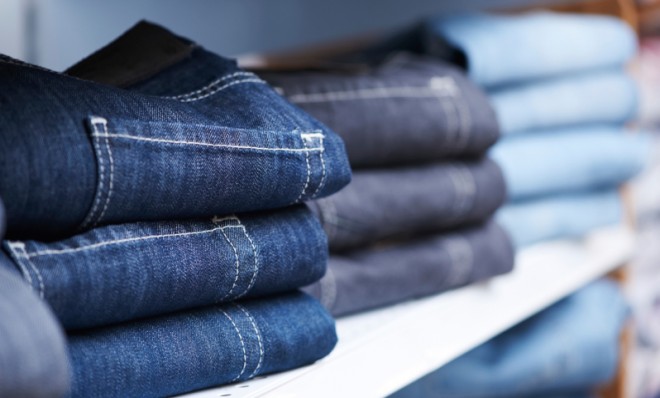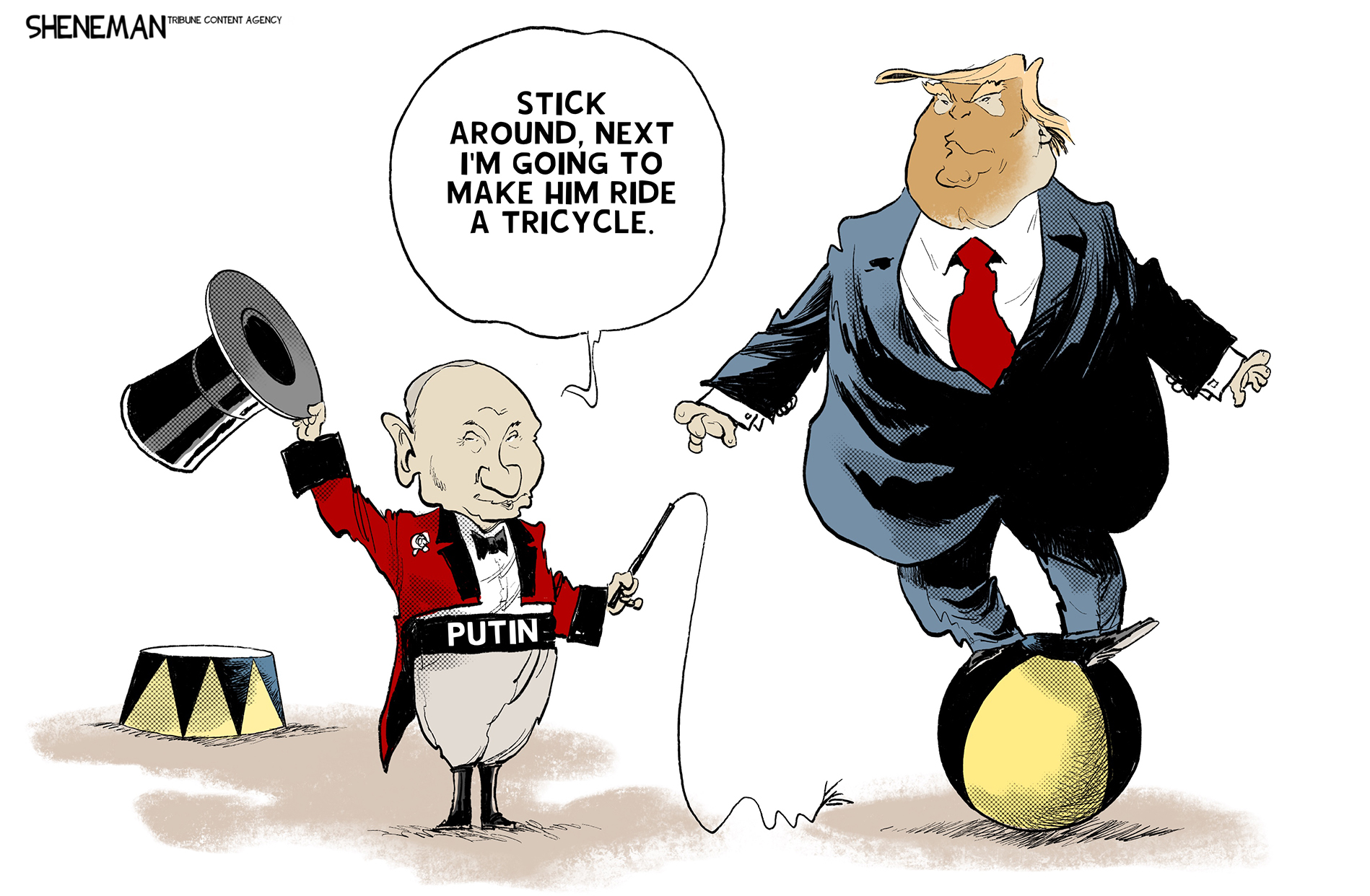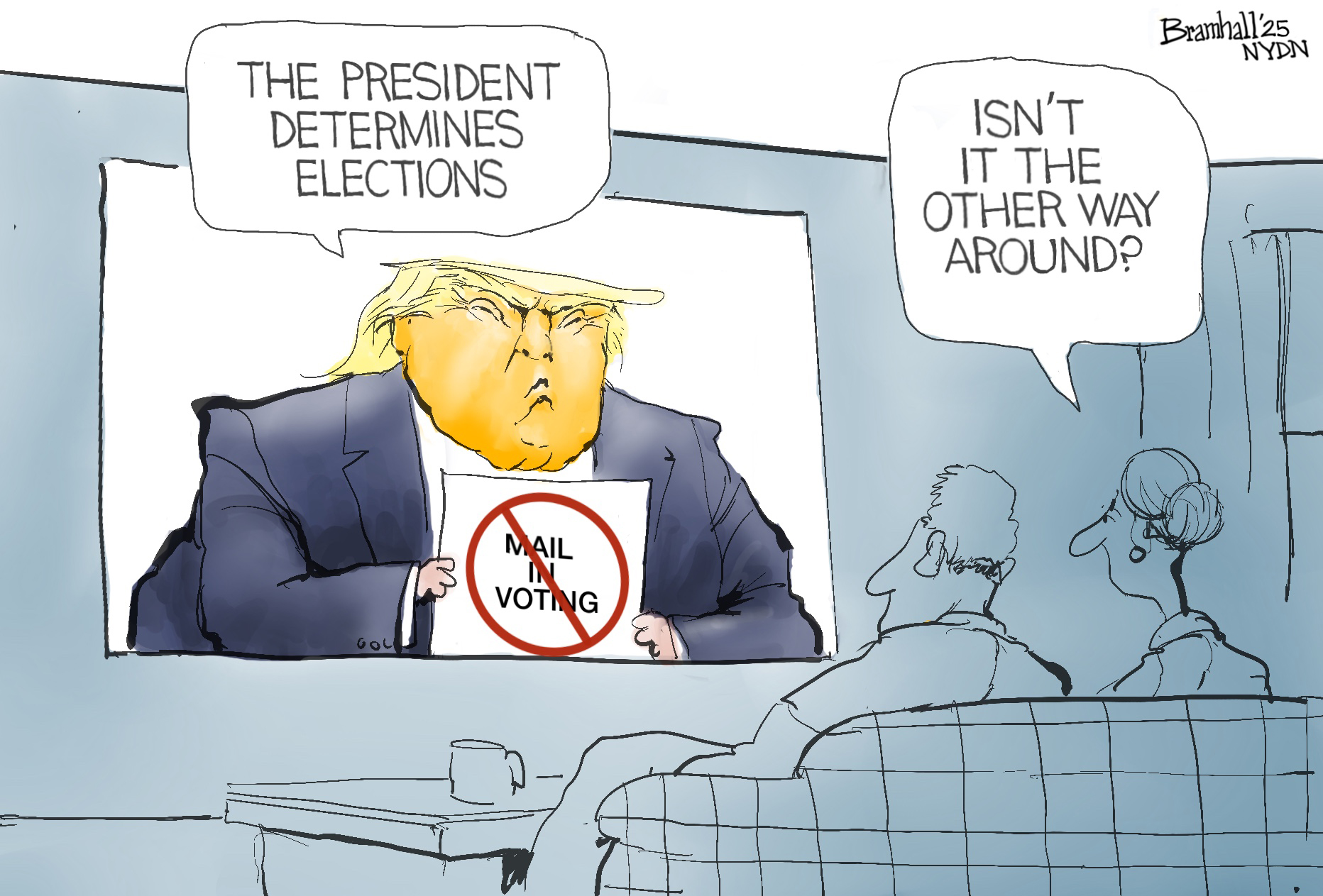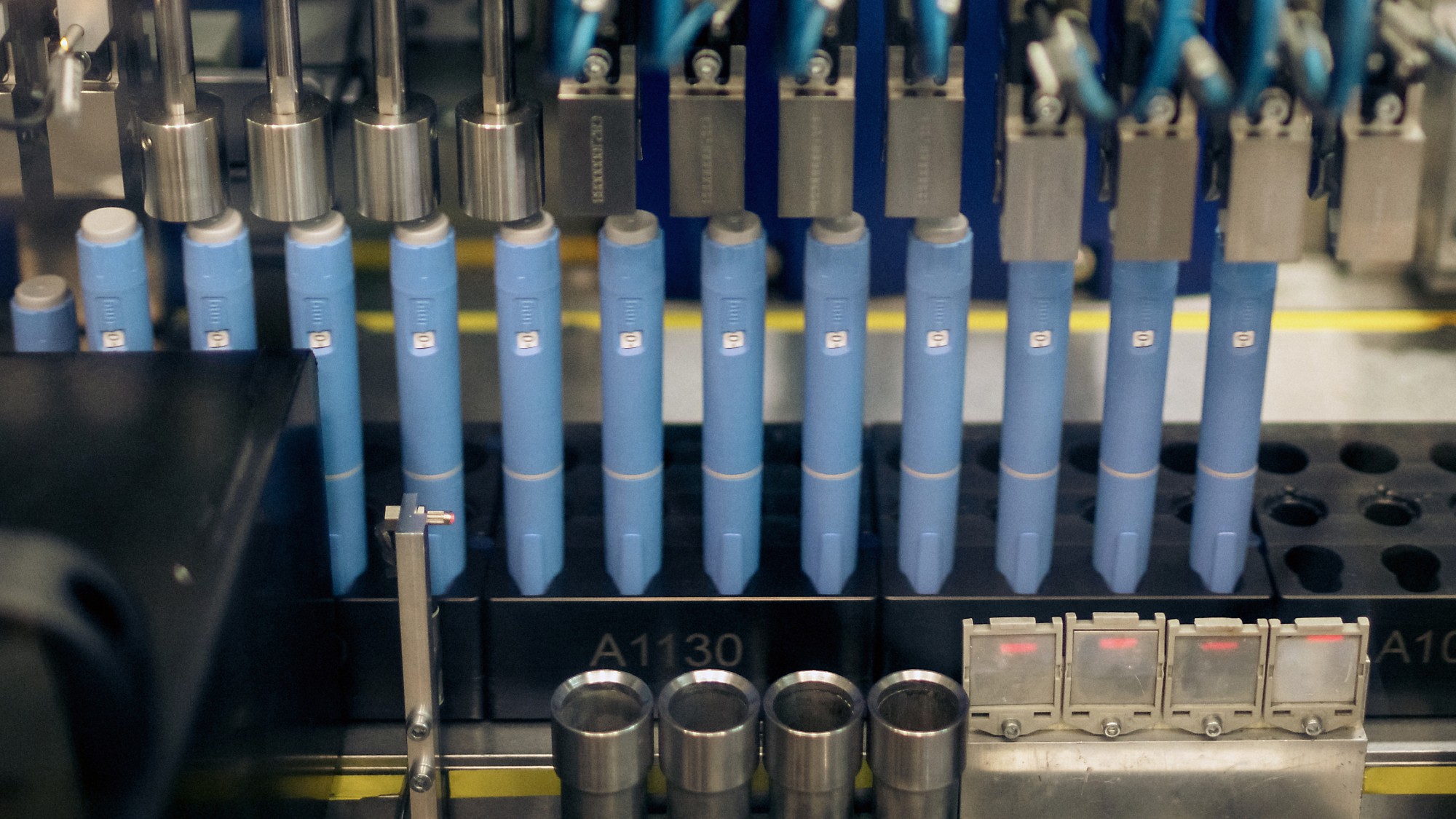11 products you might not realize were made by prisoners
Prisoners make millions of license plates each year. But what else do they make for us?


1. Books for the blind
There are 36 prison Braille-writing programs in the United States. Through the American Printing House for the Blind, offenders help write K-12 textbooks for blind students. In Missouri, the Center for Braille and Narration Production employs 102 convicts, many whom are certified through the Library of Congress. They transcribe anything, from novels to music.
2. Lingerie
Subscribe to The Week
Escape your echo chamber. Get the facts behind the news, plus analysis from multiple perspectives.

Sign up for The Week's Free Newsletters
From our morning news briefing to a weekly Good News Newsletter, get the best of The Week delivered directly to your inbox.
From our morning news briefing to a weekly Good News Newsletter, get the best of The Week delivered directly to your inbox.
In the 1990s, Victoria's Secret and J. C. Penney hired subcontractor Third Generation, who, in turn, hired people to stitch their lingerie and leisure wear — 35 South Carolina inmates, Mother Jones reports.
3. Park benches and picnic tables
In Florida, PRIDE (Prison Rehabilitative Industries and Diversified Enterprises) trains about 4000 inmates, who produce and provide over 3000 products and services. PRIDE's forestry service makes park furniture like picnic tables, park benches, and wooden trashcan holders. Sixty-nine percent of PRIDE graduates land jobs after jail.
4. Military jackets and battle garb
A free daily email with the biggest news stories of the day – and the best features from TheWeek.com
Federal Prison Industries, better known as UNICOR, consists entirely of convicts working at 89 factories. Together, they help clothe the United States military, making jackets, uniforms, helmets, shoes, and even flak vests. For police officers, they craft body armor and holsters.
5. Human silhouette targets
Ironically, convicts at UNICOR also make human silhouette targets for law enforcer training. The shadowy targets help crime fighters in the FBI, Homeland Security, and U.S. Customs hone their aims.
6. Old Ikea products
From the 1970s to 1980s, political prisoners in Cold War-struck East Germany made products for the furniture company IKEA. The prisoners were reportedly paid 40 East German marks per month, about 4 percent of the monthly salary of the average East German worker.
7. Baseball caps
Few things are as American as the baseball cap and free enterprise. Well, ball caps happen to be one of the few items UNICOR is allowed to sell to private customers and companies. (In an effort to keep private goods and prison-made goods from competing, UNICOR is generally forbidden from selling products to anyone outside the government.)
8. Canoes
Colorado Correction Industries oversees approximately 60 inmate work programs. Jailbirds at Fremont County Jail, for example, build fiberglass-sealed canoes. They use scraps from the prison's furniture shop and sell the canoes for around $1500. Other Colorado programs help craft those ubiquitous college dormitory desks and bookshelves.
9. Artsy knick knacks
San Quentin State Prison in California is a scary place. It houses some of the most menacing criminals in the nation, and it's home to the largest death row in the United States. But at least it has a gift shop. There, you can buy convict-made music boxes, drawings, and paintings. You can even get yourself a greeting card made by one of death row's own.
10. Blue jeans
The Eastern Oregon Correctional Institution is home to a 47,000 square foot facility: The Prison Blues Jeans Factory. It makes jeans, jackets, T-shirts, and hats, which you can check out here.
11. Horses
In Colorado, the Wild Horses Inmate Program (WHIP) trains wild mustangs, prepping them for adoption. Since 1986, the program has trained over 5000 mustangs. In Maryland, Second Chances Farm takes in retired thoroughbred racehorses. It rescues the out-of-work horses from the slaughterhouse and teaches outgoing inmates animal caretaking skills.
Get out of jail bonus: Coffee beans
When some inmates leave the slammer, they roast coffee beans. I Have a Bean, owned by Second Chance Coffee Company, is a roasting plant in Illinois that helps ex-convicts restart their lives. The facility roasts six different kinds of coffee bean, from Costa Rica to Ethiopia.
More from Mental Floss...
* What the internet looked like in 1995
-
 August 24 editorial cartoons
August 24 editorial cartoonsCartoons Sunday's political cartoons include Putin at Donald Trump's circus, gallons of whitewash, and a foldable cartoon
-
 5 Post Office-approved cartoons about mail-in voting
5 Post Office-approved cartoons about mail-in votingCartoons Artists take on reverse logic, Putin's election advice, and more
-
 The battle of the weight-loss drugs
The battle of the weight-loss drugsTalking Point Can Novo Nordisk and Eli Lilly regain their former stock market glory? A lot is riding on next year's pills